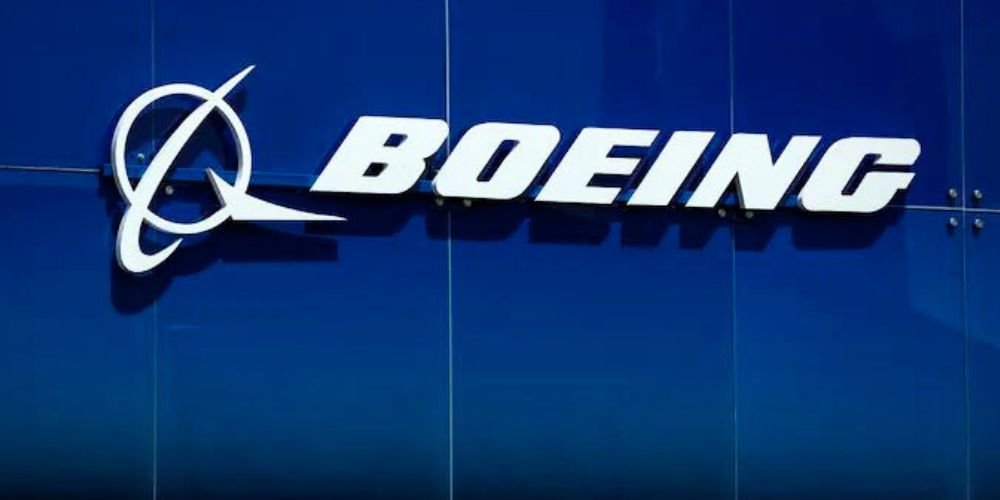Key Points
- After rejecting a proposed labor contract, Boeing workers in Seattle and Oregon voted 96% in favor of a strike.
- Union leaders accused Boeing of unfair labor practices, calling for good-faith negotiations.
- The strike could cost Boeing $1.5 billion in cash over 30 days, potentially leading to credit downgrades.
- The contract offered 25% wage increases, but workers sought a 40% increase to cover rising living costs.
Boeing’s factory workers launched a strike at midnight on Friday, stopping production of the company’s bestselling airplanes after overwhelmingly rejecting a proposed labor contract. The strike comes as Boeing grapples with production delays and reputational damage from previous safety issues.
The workers, located in Seattle and Oregon, voted 94.6% against Boeing and the International Association of Machinists and Aerospace Workers (IAM) ‘s tentative contract. In addition, 96% of the union members voted in favor of the strike, well above the two-thirds majority required for a work stoppage.
At a press conference, IAM District 751 President Jon Holden announced the strike and accused Boeing of unfair labor practices, including coercive questioning and unlawful surveillance. He called for Boeing to negotiate in good faith, a claim the company did not address.
Boeing’s CFO Brian West expressed disappointment over the strike, acknowledging its potential impact on airplane deliveries and production but declined to estimate the financial hit. West emphasized conserving cash and urged a quick return to negotiations.
Credit rating agencies Moody’s and Fitch warned that an extended strike could lead to credit downgrades for Boeing, sending its stock down nearly 4% on Friday.
The rejected contract offered a 25% wage increase over four years and improved healthcare and retirement benefits. However, workers had sought a 40% wage increase, arguing the proposal did not adequately address rising living costs.
The failed vote is a setback for Boeing CEO Kelly Ortberg, who had urged workers to accept the deal, warning that a strike would jeopardize Boeing’s recovery efforts. The tentative agreement also promised to build Boeing’s next commercial jet in Seattle after moving 787 Dreamliner production to a nonunion plant in South Carolina.
According to Jefferies analyst Sheila Kahyaoglu, the strike could cost Boeing up to $1.5 billion in cash over 30 days and may further disrupt its supply chains. This year, Boeing has already burned through $8 billion due to manufacturing issues and labor shortages.











